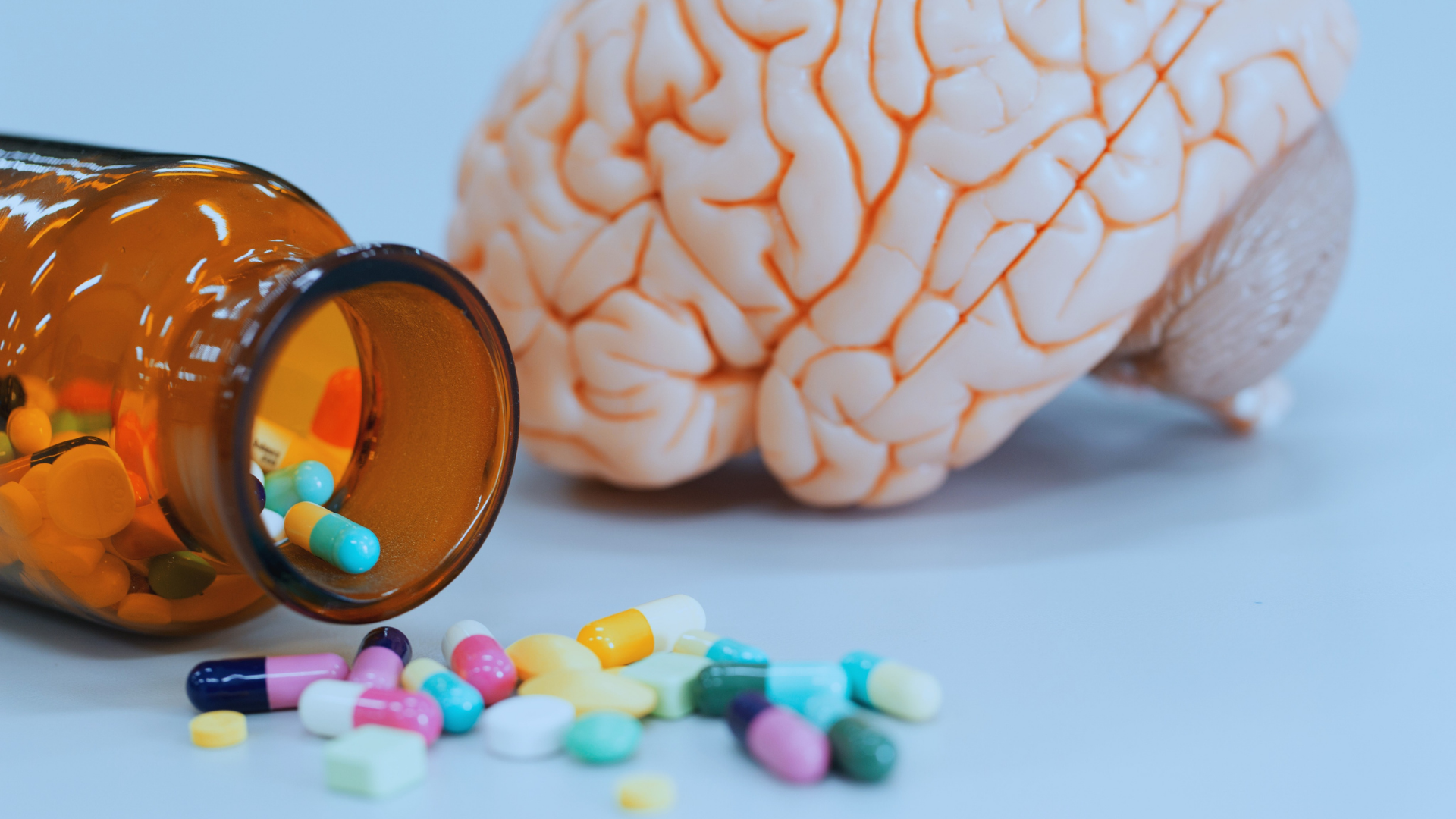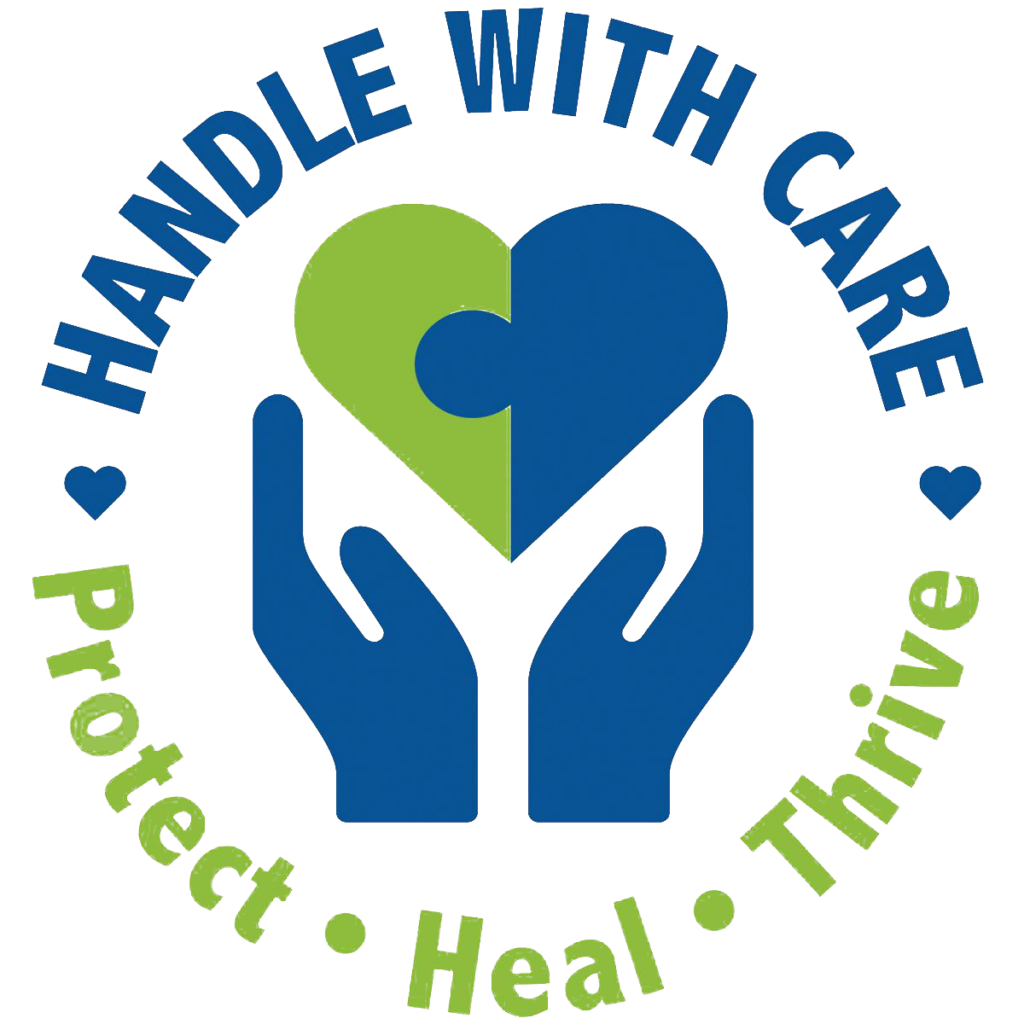
The “High” From Drugs/Pleasure Effect
Scientists used to assume that the rush of dopamine alone caused the feeling of euphoria (happiness) during drug use, but they now know it is more complicated than that. Many drugs—nicotine, cocaine, marijuana, and others—affect the brain’s “reward” circuit, which is part of the limbic system. Normally, the reward circuit responds to healthy, pleasurable activities by releasing the neurotransmitter dopamine, which teaches other parts of the brain to repeat those activities. Drugs take control of this system, releasing large amounts of dopamine—first in response to the drug but later mainly in response to other cues associated with the drug—like being with people you used drugs with, or being in places where you used drugs. The brain remembers this feeling and sends out an intense motivation to seek and use the drug again. So dopamine does not cause the rush of feelings; instead it reinforces the desire to use drugs.
The Repeat Effect
Our brains are wired to make sure we will repeat survival activities, like eating, by connecting those activities with feeling good. Whenever this reward circuit is kick-started, the brain notes that something important is happening that needs to be remembered, and teaches us to do it again and again, without thinking about it. Because drugs come in and “hijack” the same circuit, people learn to use drugs in the same way.
After repeated drug use, the brain starts to adjust to the surges of dopamine. Neurons may begin to reduce the number of dopamine receptors or simply make less dopamine. The result is less dopamine signaling in the brain—like turning down the volume on the dopamine signal. Because some drugs are toxic, some neurons also may die.
As a result, the ability to feel pleasure is reduced. The person feels flat, lifeless, and depressed, and is unable to enjoy things that once brought pleasure. Dopamine encourages the brain to repeat the pleasurable activity of drug taking to feel good again. Now the person needs drugs just to feel normal, an effect known as tolerance.
Long-Term Effects
Drug use can eventually lead to dramatic changes in neurons and brain circuits. These changes can stay even after the person has stopped taking drugs. This is more likely to happen when a drug is taken over and over again.
Resource from NIH.
Mental Health and Substance Abuse Linkage:

